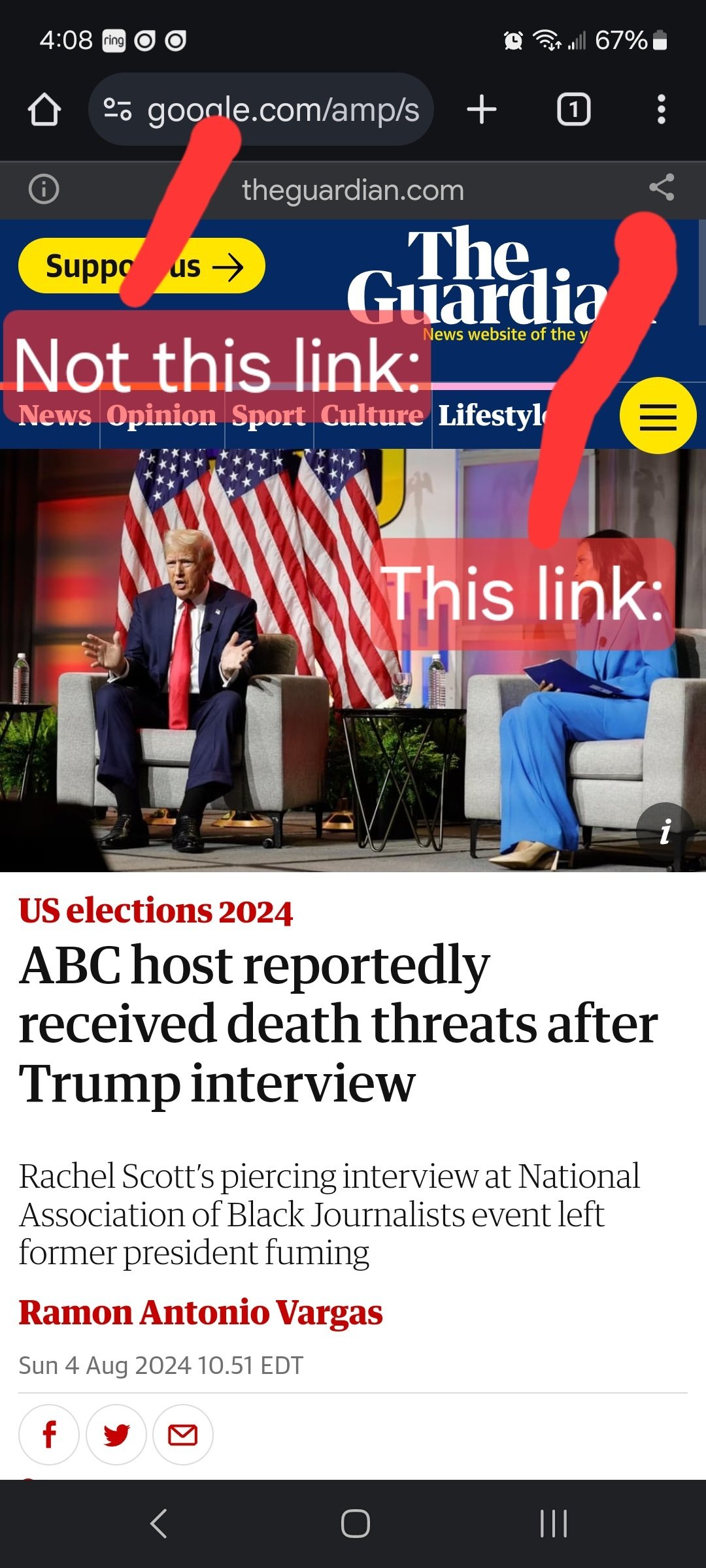politics
Welcome to the discussion of US Politics!
Rules:
- Post only links to articles, Title must fairly describe link contents. If your title differs from the site’s, it should only be to add context or be more descriptive. Do not post entire articles in the body or in the comments.
Links must be to the original source, not an aggregator like Google Amp, MSN, or Yahoo.
Example:

- Articles must be relevant to politics. Links must be to quality and original content. Articles should be worth reading. Clickbait, stub articles, and rehosted or stolen content are not allowed. Check your source for Reliability and Bias here.
- Be civil, No violations of TOS. It’s OK to say the subject of an article is behaving like a (pejorative, pejorative). It’s NOT OK to say another USER is (pejorative). Strong language is fine, just not directed at other members. Engage in good-faith and with respect! This includes accusing another user of being a bot or paid actor. Trolling is uncivil and is grounds for removal and/or a community ban.
- No memes, trolling, or low-effort comments. Reposts, misinformation, off-topic, trolling, or offensive. Similarly, if you see posts along these lines, do not engage. Report them, block them, and live a happier life than they do. We see too many slapfights that boil down to "Mom! He's bugging me!" and "I'm not touching you!" Going forward, slapfights will result in removed comments and temp bans to cool off.
- Vote based on comment quality, not agreement. This community aims to foster discussion; please reward people for putting effort into articulating their viewpoint, even if you disagree with it.
- No hate speech, slurs, celebrating death, advocating violence, or abusive language. This will result in a ban. Usernames containing racist, or inappropriate slurs will be banned without warning
We ask that the users report any comment or post that violate the rules, to use critical thinking when reading, posting or commenting. Users that post off-topic spam, advocate violence, have multiple comments or posts removed, weaponize reports or violate the code of conduct will be banned.
All posts and comments will be reviewed on a case-by-case basis. This means that some content that violates the rules may be allowed, while other content that does not violate the rules may be removed. The moderators retain the right to remove any content and ban users.
That's all the rules!
Civic Links
• Congressional Awards Program
• Library of Congress Legislative Resources
• U.S. House of Representatives
Partnered Communities:
• News
view the rest of the comments
This is a great question! You're basically correct, but there are a few additional things. As far as the relationship between workers/consumers and the means of production is that of social ownership. Rather than an individual (or individuals) privately owning the means of production and purchasing labor from workers, the workers, consumers, and society as a whole collectively own and operate the means of production.
Additionally, the economic system is not a market system. Instead, investments, production, and allocation of capital goods (resources/products which are used either as ingredients for another product or as machinery/tools to produce another product) are planned, and not left up to "market forces".
There are some aspects which are debated among communist philosophers. One major aspect is whether the economic planning would/should be centrally or decentrally done. The USSR had a primarily centrally planned economy. Others (myself included) advocate for a decentrally planned system.
Some things, which are usually stated, as being part of communism, are that society is moneyless, stateless, and classless. Starting with moneyless, if goods are exchanged on a market, an intermediate good is usually used specifically for exchange purposes (currency/money). If goods are not exchanged on a market, money is less necessary, so it is expected to be phased out.
Many philosophers say that the state's purpose is to "ease" tensions between classes, and enforce economic policies. If there are no classes, and goods and services are "produced based on ability, and distributed based on need", the primary purposes of the state no longer exist, so it would likely "whither away". Anarchists generally argue for an immediate dissolution of the state.
The keen eyed, among you readers, might wonder how the planning could be done without a state, especially if the planning is central. I would be interested in the answer to that, myself. There are a few books talking about a post-capitalist system. I recommend No Bosses and Inventing the Future.
Hope this helps!
Yes, very well described. Thanks